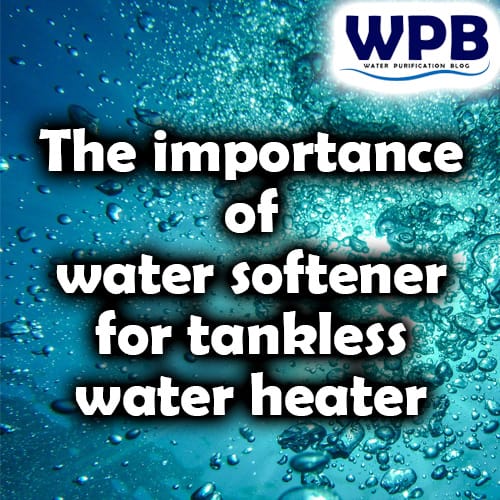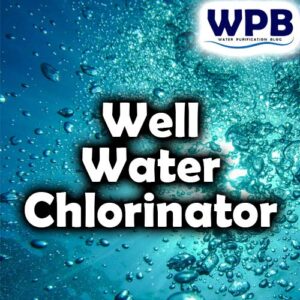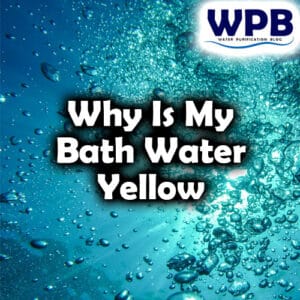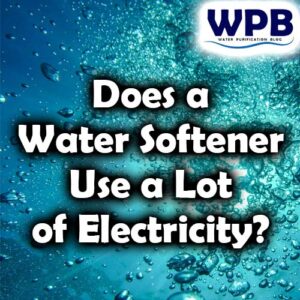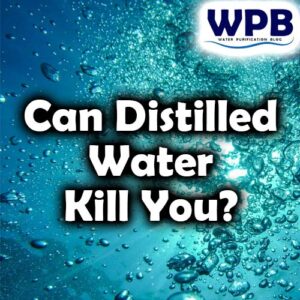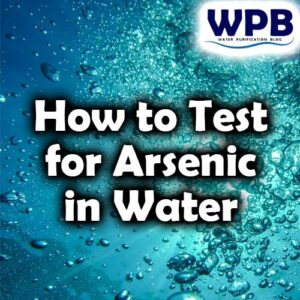Are you tired of hard water in your home?
Do You Need a Water Softener for Tankless Water Heater? Yes, Find Out Why.
If you have a tankless water heater, then a water softener is a must-have water treatment equipment to prevent limescale damage and extend the life of your appliances.
Read on, and find everything you need to know about a water softener for tankless water heater, from their benefits to how they work and the best models on the market.
Table of Contents
Introduction
Before diving into the details of water softener for tankless water heater, let’s start with the basics.
Hard water is water that contains high levels of minerals such as calcium, and magnesium. These minerals can cause buildup and clogs in your pipes and appliances, reducing their efficiency and lifespan.
Tankless water heaters, in particular, are susceptible to damage from hard water because they heat water on-demand and at a high temperature, which can cause minerals to precipitate and create scale at a greater rate.
A water softener is a device that removes these minerals from your water, replacing them with sodium or potassium ions. This process, called ion exchange, not only prevents scale buildup but also improves the taste and feel of your water.
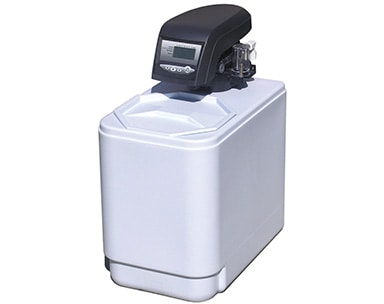
for tankless water heater
Benefits of Water Softener for Tankless Water Heater
Using a water softener for your tankless water heater has many benefits, including:
- Improved energy efficiency: According to the Water Quality Association, water heaters using soft water can maintain their efficiency for up to 15 years, while hard water can cause a 24% loss of efficiency over the same period.
- Longer lifespan of your unit: By preventing mineral buildup and corrosion, a water softener can extend the lifespan of your tankless water heater by up to 50%.
- Reduced maintenance costs: With a water softener, you’ll spend less money on repairs and replacements due to damage caused by hard water.
- Better water quality: Softened water is gentler on your skin and hair, and improves the taste and clarity of your drinking water.
How Does a Water Softener Work?
A water softener works by using ion exchange to remove minerals from your water. Here’s how it works:
- The water enters the softener tank and passes through a resin bed made of small beads. These beads are coated with sodium or potassium ions.
- As the water passes through the resin bed, the minerals in the water (calcium, magnesium, iron) exchange places with the sodium or potassium ions on the beads.
- The softened water then flows out of the softener and into your home’s plumbing system.
- Eventually, the resin bed becomes saturated with minerals and needs to be recharged. This is done by flushing the resin bed with a brine solution (saltwater), which replaces the sodium or potassium ions on the beads and washes away the minerals.
Best Water Softeners for Tankless Water Heaters
When it comes to choosing a water softener for your tankless water heater, there are many options on the market. Here are some of the best models you can find on the web:
- Aquasana Rhino Series 6-Stage 500,000 Gallon Well Water Filtration System with SimplySoft Salt-Free Water Softener
- Fleck 5600SXT 48,000 Grain Water Softener
- Eddy Water Descaler Electronic Water Softener
- iSpring ED2000 Whole House Electronic Descaler Water Conditioner
- Nuvo H2O Dphb-a Home Water Softener System

Who am I?
I am working as a water treatment technical manager and I have more than 25 years of practical experience in water purification.
Water purification expert
After many years of experience in water purification, I want to share some of my knowledge and get people to know the real importance of water quality.
Water purification and water treatment are very complex themes, so it is important to explain them in an easy-to-read way.
On this blog, you will find many understandable, easy-to-read information about water purification.
I hope you enjoy it, find some useful information, and thank You for reading.
More info on my work and my expertise on water purification can be found on my LinkedIn profile.

